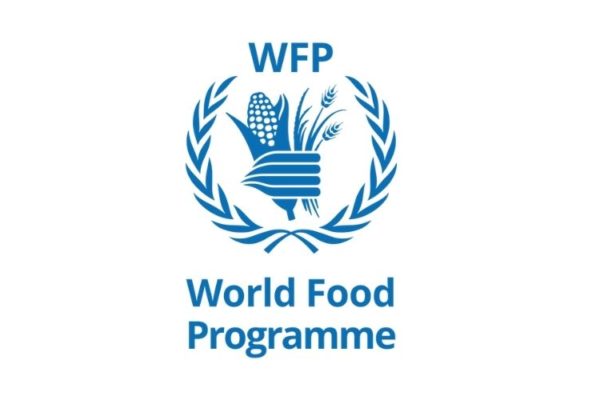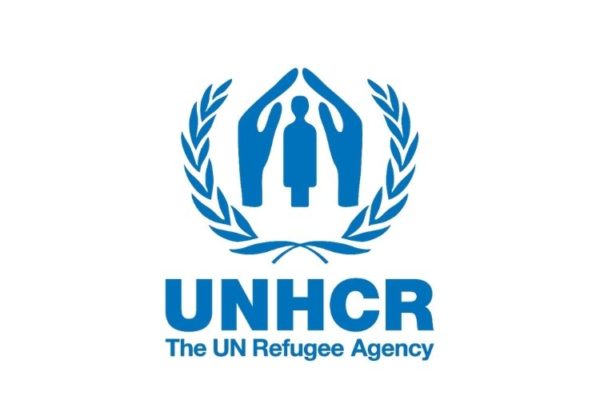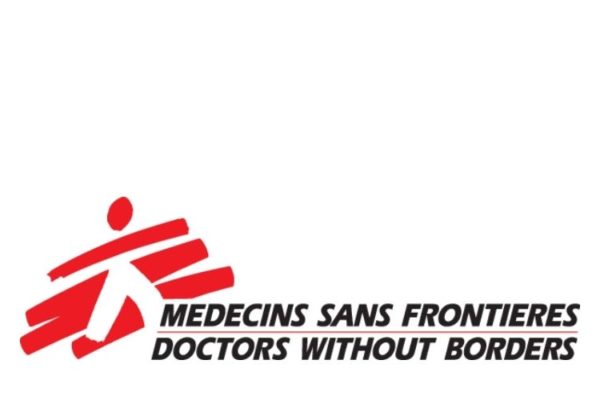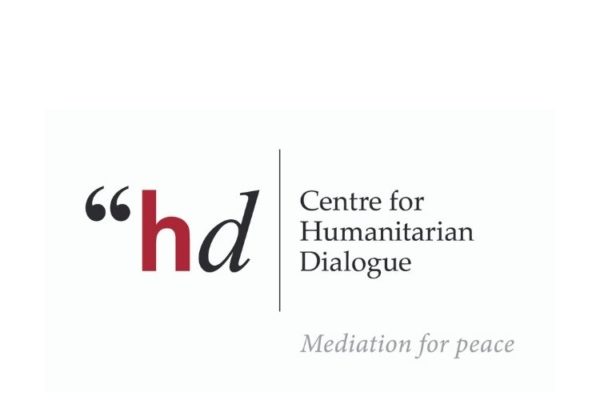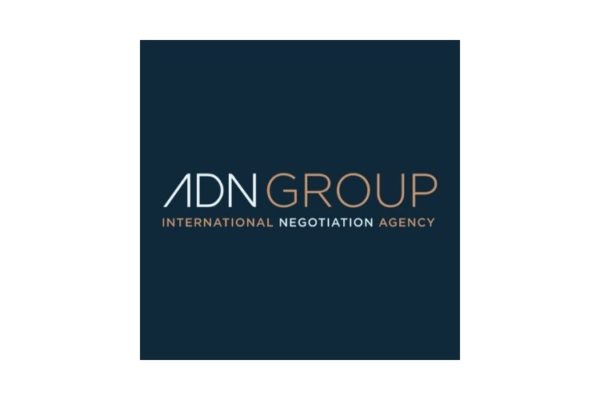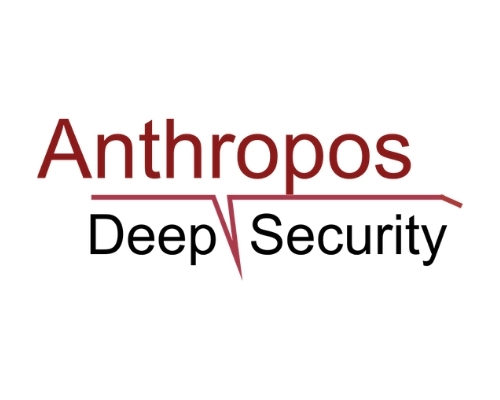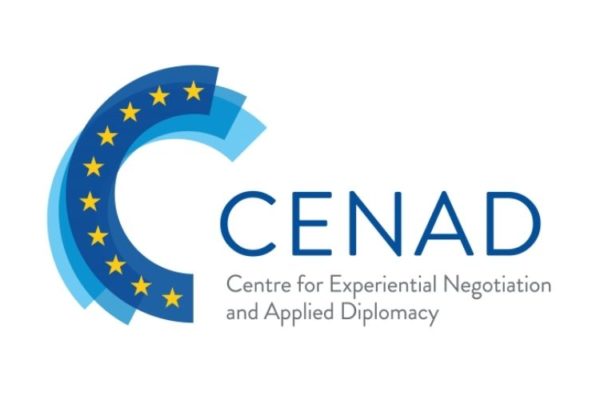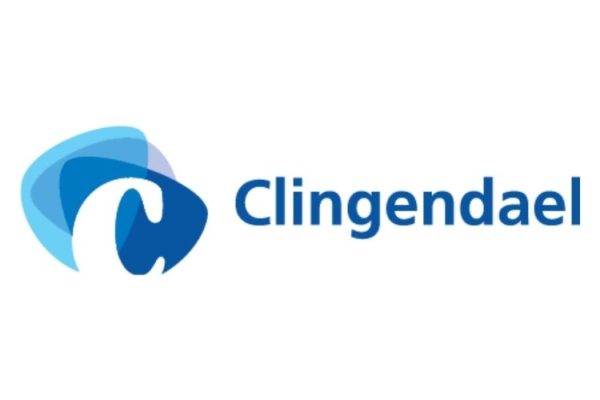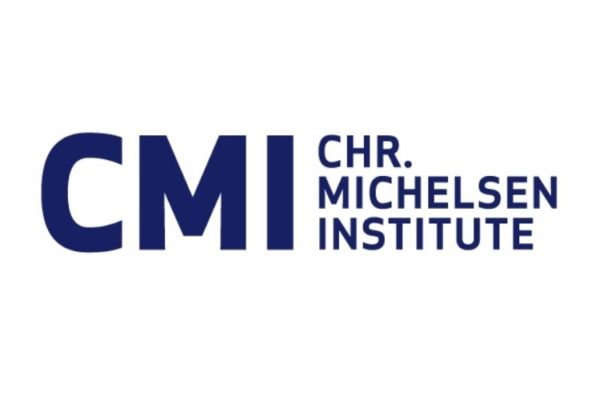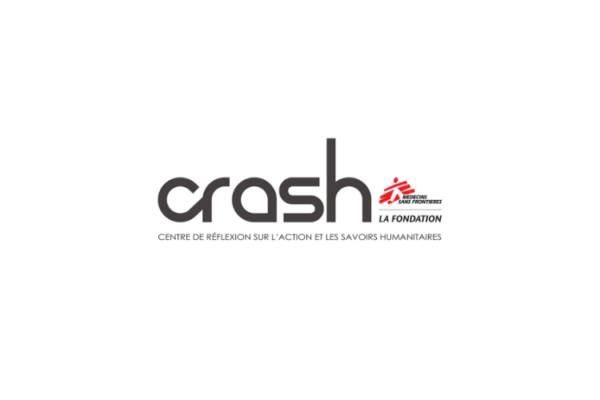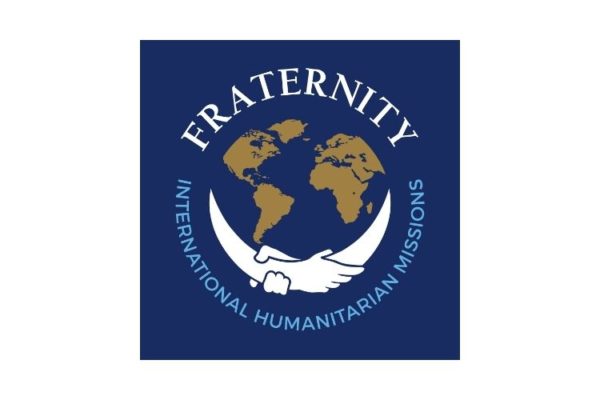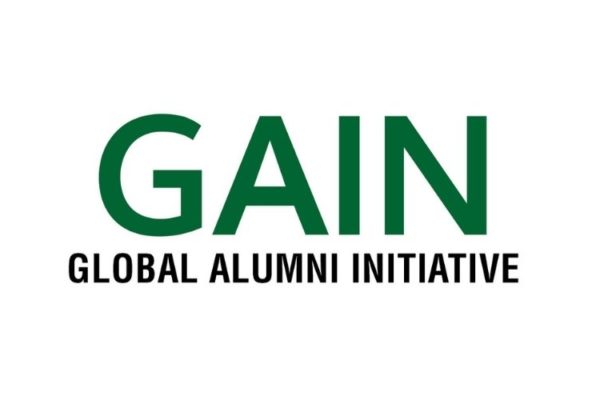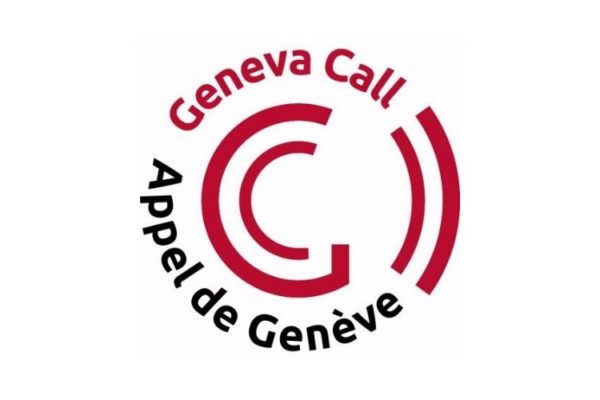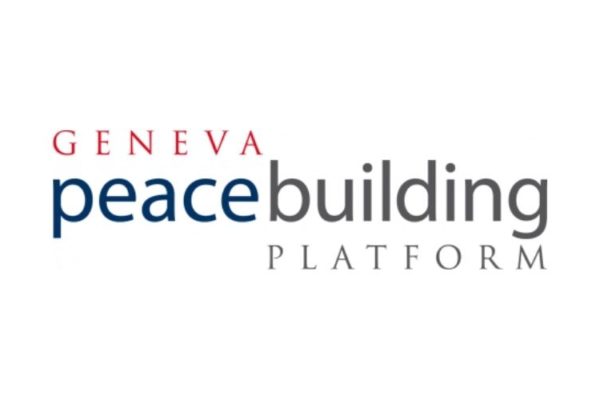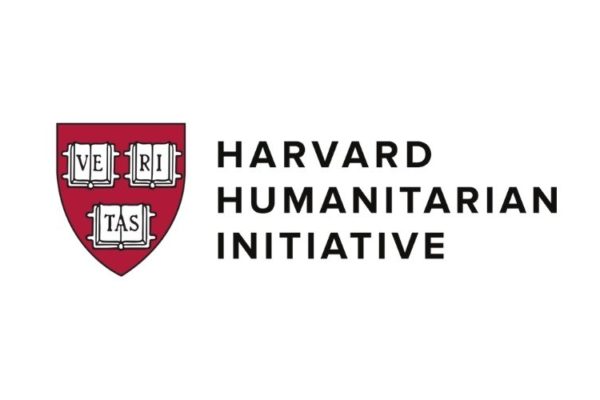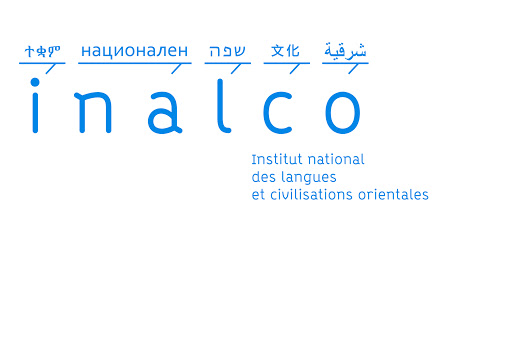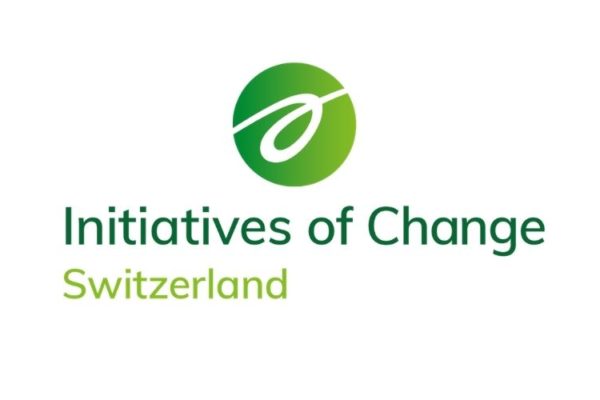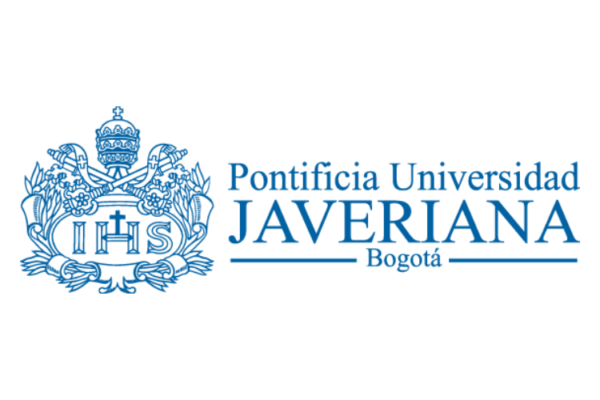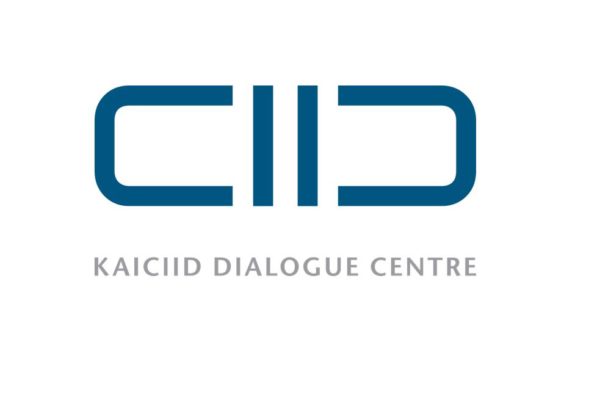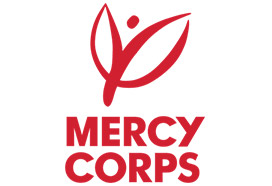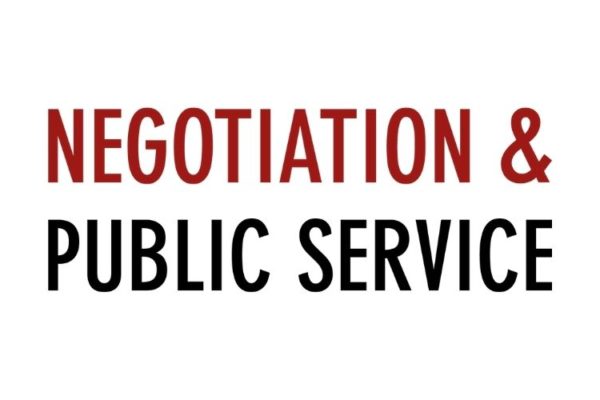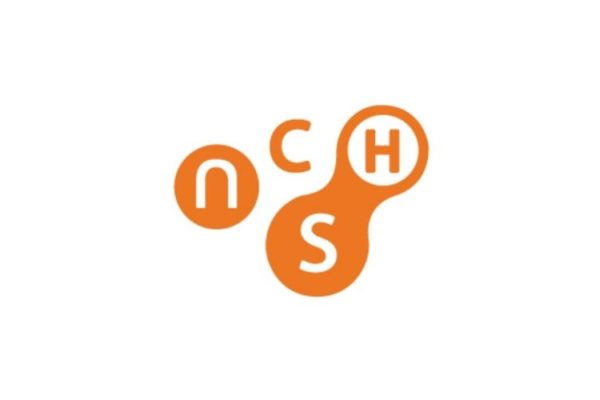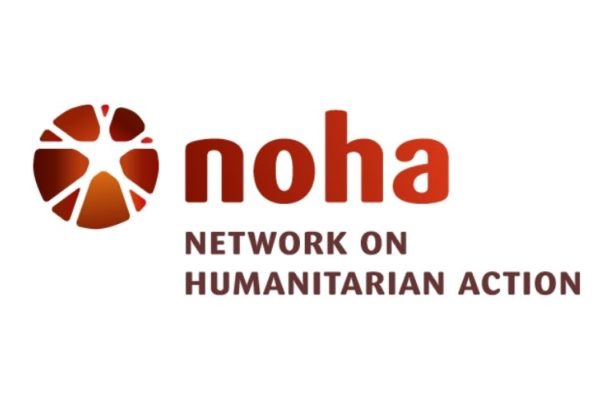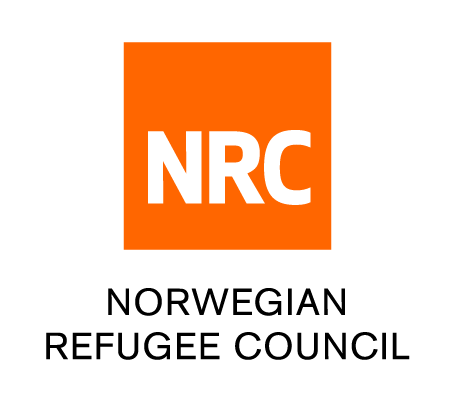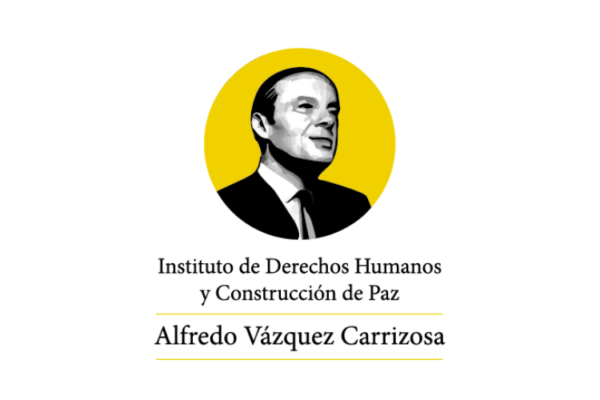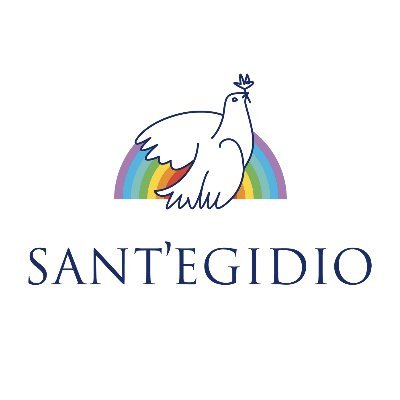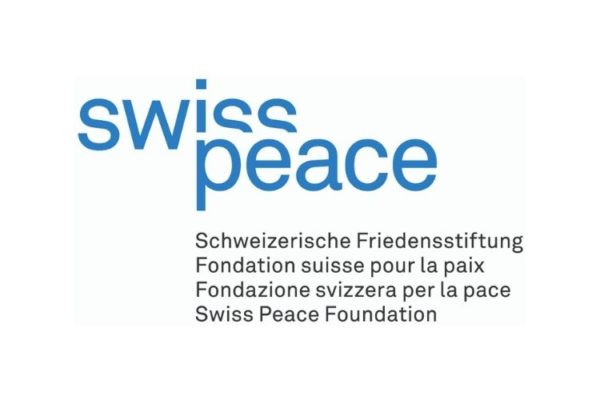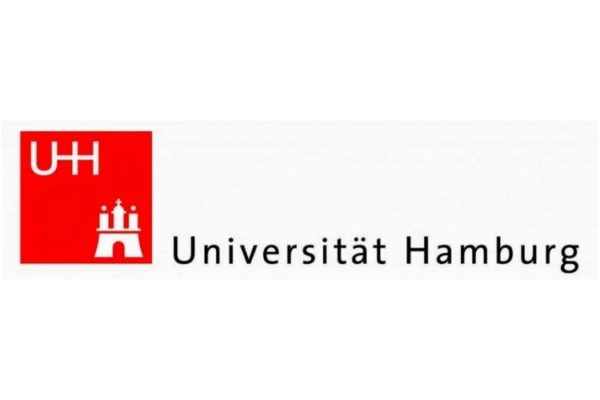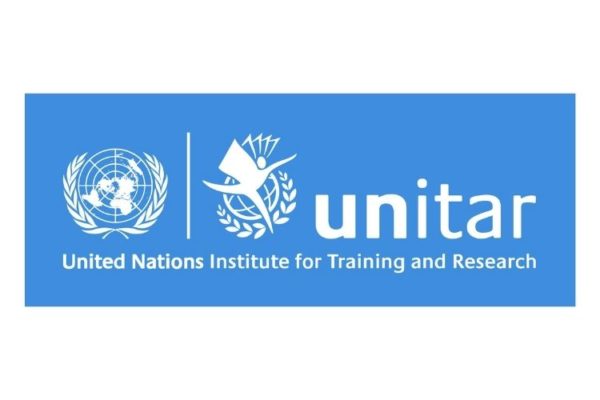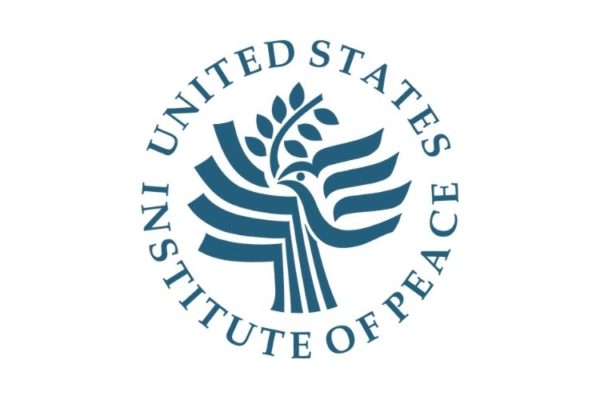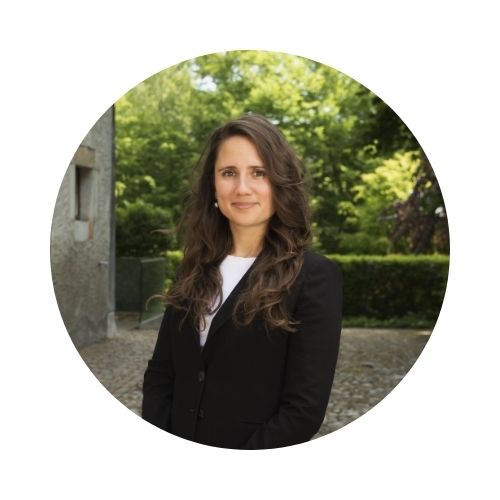Activities > Meetings & Public Discussions > Annual Meetings
CCHN World Summit 2021
World Summit on Frontline Humanitarian Negotiation
28 June – 3 July 2021 | Livestreamed from Caux, Switzerland
Documentary of the events that took place during the CCHN World Summit in June/July of 2021.
Negotiating with multiple actors in complex, evolving humanitarian environments is becoming increasingly challenging. To respond to crises, humanitarian professionals need to acquire robust negotiation skills, share experiences, and learn from fellow practitioners and negotiation experts.
In June-July 2021, the Centre of Competence on Humanitarian Negotiation (CCHN) brought together frontline negotiators, humanitarian policymakers, scholars, donors, and government representatives for a world-class conference tackling the most challenging present-day issues related to humanitarian negotiation.
This six-day global event took place in Caux, Switzerland. It included a live-stream on an interactive platform that allowed for real-time participation from people all around the world. The rich program featured humanitarian leaders, in-depth conversations around key themes in humanitarian negotiations, multiple peer workshops and live simulations, as well as many opportunities to meet and exchange with fellow participants. The event was organized in collaboration with Initiatives of Change.
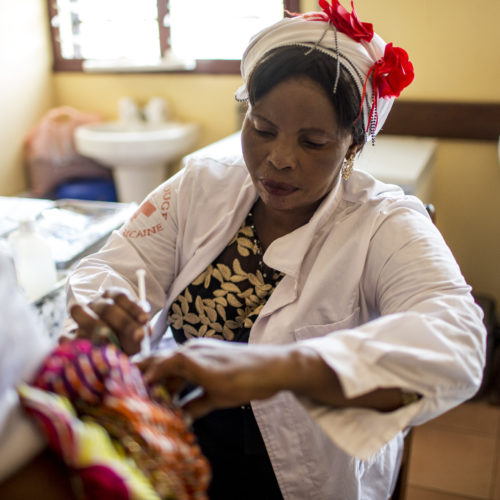
Sessions and organizers:
- Roundtable on Vaccination in Conflict Settings (CCHN)
- Emergency Health and WASH Response to COVID-19 (IFRC)
- Healthcare Negotiations (Geneva Center for Humanitarian Studies)
- Specialized Advanced Session on Vaccination in Conflict Settings
Click on the icon below to learn more about the agenda.
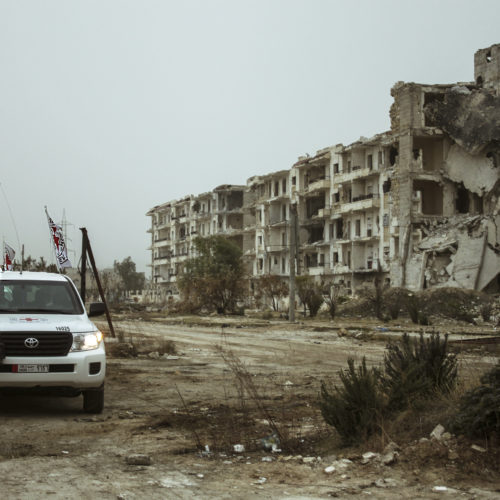
Sessions and organizers:
- Access Barometer (CCHN)
- “Multidisciplinary Negotiations”: the analysis of humanitarian access negotiations – drawing from behavioral science discipline to understand root causes behind failed negotiations (Norwegian Refugee Council)
- Community acceptance-based access negotiations: Techniques, challenges and dilemmas (MercyCorps)
Click on the icon below to learn more about the agenda.
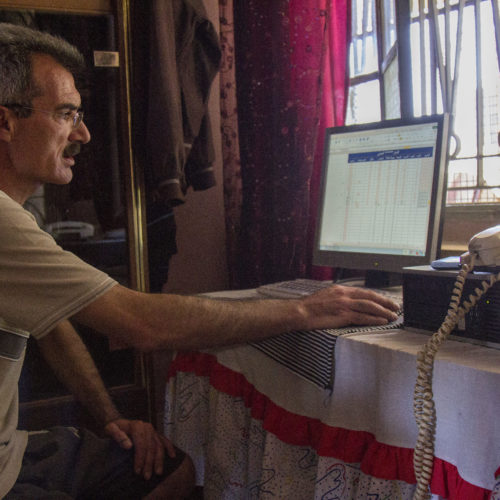
Sessions and organizers:
- Training on the use of digital tools in mediation (TBC)
- Lessons from the use of online and digital platforms for mediation (SwissPeace)
- Negotiation & Public Service: building trust in digital negotiation
Click on the icon below to learn more about the agenda.
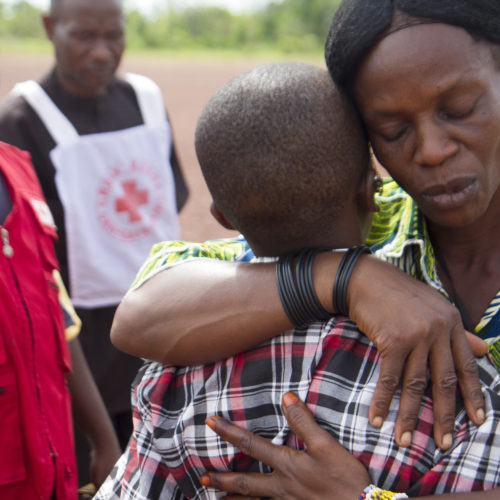
Sessions and organizers:
- The Hostage, kidnapper and negotiator triangle (Anthropos Deep Security)
- Expert Roundtable : Strategic concerns in K&R Management (Anthropos Deep Security)
- Crisis Negotiation (Agence des Négociateurs)
Click on the icon below to learn more about the agenda.
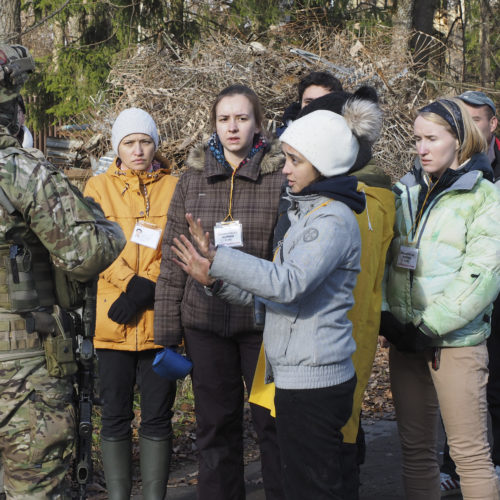
Sessions and organizers:
- Refugee shelters' management of Venezuelan indigenous populations in Brazil as well as negotiating with military and federal governments (Fraternity - International Humanitarian Missions)
- Voices from Lesvos (CCHN)
- Cope and build. The link between peacebuilding and humanitarian action in complex emergencies: the voice from communities (Universidad Pontificale Javeriana)
- Localized violence, community cohesion, and human needs – A South Africa (USIP)
- The role of intercultural competencies when negotiating with indigenous communities in Colombia and Guatemala (MercyCorps)
- Strategic dialogues in peace processes (Swisspeace)
- Case Study on collaborative humanitarian negotiations in Central African Republic (World Food Program)
- Humanitarian negotiations from a Latin American perspective with reference to Venezuela and other challenging situations (World Food Program)
- Case Study from the Field: South Sudan (World Food Program)
Click on the icon below to learn more about the agenda.
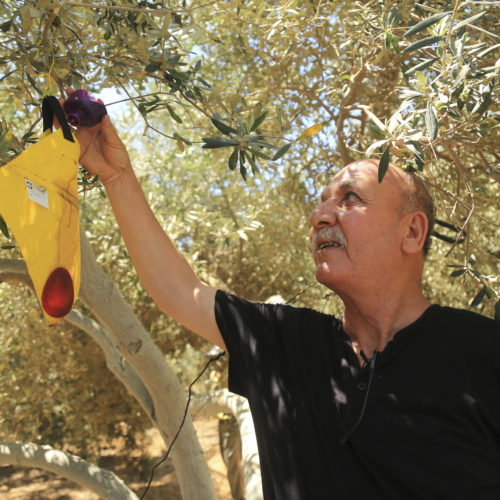
Sessions and organizers:
- Environmental Hazards in Negotiations (CCHN)
- Roundtable on Planetary Health (Médecins Sans Fronitères)
- Environment, Climate Change, and Peace: A new look at the Humanitarian, Development, Peacebuilding Nexus (Geneva Peacebuilding Platform)
Click on the icon below to learn more about the agenda.
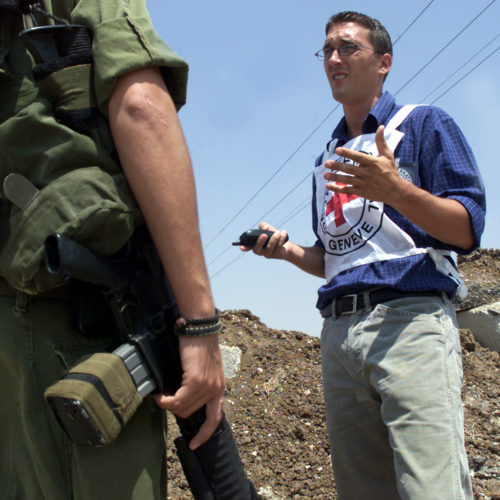
Sessions and organizers:
- How to Negotiate with Armed Groups? An immersive experience into Geneva Call's world of humanitarian engagement (Geneva Call)
- The influence of Third Parties with Non-State Armed Groups: presentation of a Case study on Northwest Syria and other experiences from the African context (CCHN)
- Humanitarian Mediation and understanding non-state armed groups (Clingendael)
Click on the icon below to learn more about the agenda.
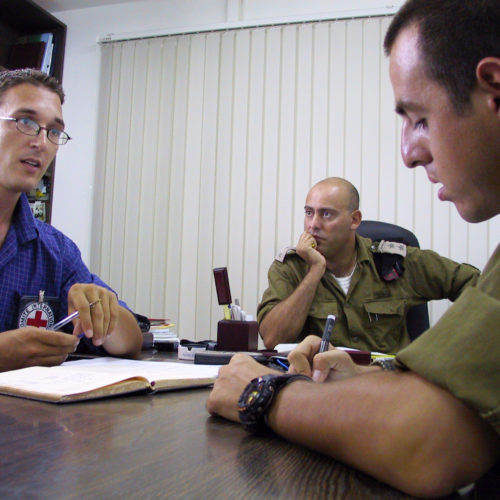
Session and organizer:
- Simulation: Vaccination in Conflict Settings (CENAD)
Click on the icon below to learn more about the agenda.
The World Summit was a sector-wide event celebrating collaboration and knowledge sharing among all humanitarian actors. Its success would not have been possible without our many partners and contributors, who shared perspectives and knowledge on humanitarian negotiation, mediation, policy and diplomacy through multiple sessions, case studies and workshops.



